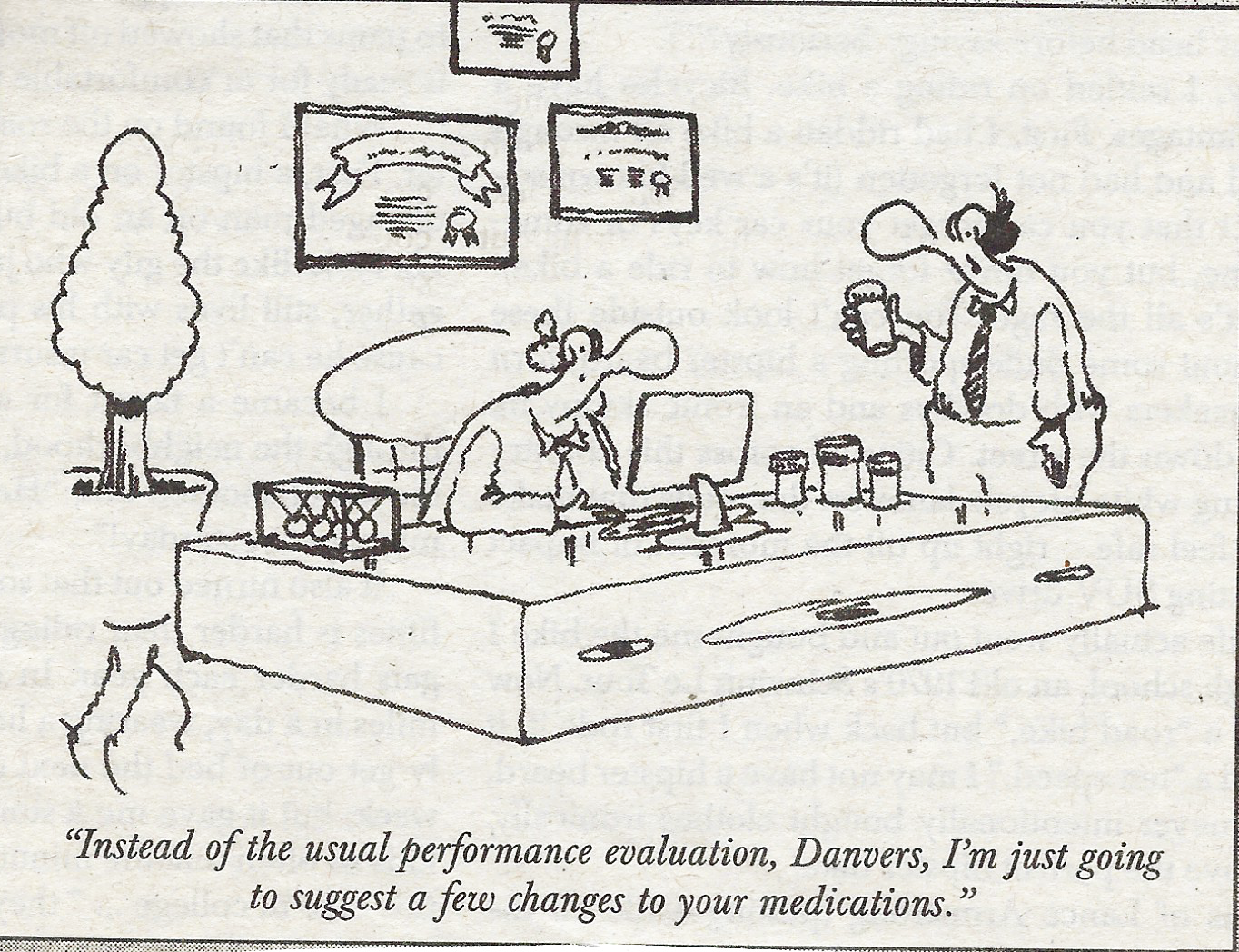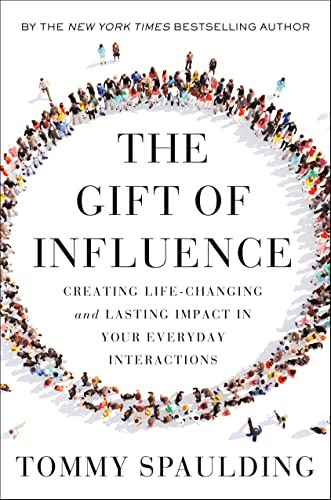LEARN A LITTLE:

So What Is Discipline?
Recently, I was talking to a friend whose son had just dropped out of college. As he described the circumstances, he remarked, “It all comes down to discipline, personal discipline, and as for me, I am convinced that he has none.” I listened attentively and felt his anger, pain and frustration, even though I didn’t know for sure if his assessment was correct or not. It brought to mind a familiar quote of Aristotle. “What lies in our power to do lies in our power not to do.” I mostly remembered the message of the quote, but not the exact specifics of the quote, as shared above. That conversation is what prompts this month’s blog topic regarding discipline.
There are many different definitions of discipline—a field of study or instruction, punishment, and others. For our purposes, and from my perspective, discipline is the habit of order in our lives. It can be seen as a measure of self-control, self-leadership or even self-restraint. Discipline in terms of our lives works best when it is self-imposed and self-accepted. It’s when we are behaving in a manner consistent with the rules we have established for our daily lives.
The rules we live by should be the result of a conscious decision-making process that represents our guidelines for living out our personal principles. It’s how we do things, including our work performance. I do not believe there is anything wrong with having such rules, but I am aware of the fact that some people have too many and some too few.
It’s my thought that personal discipline conquers procrastination disorder and distraction, though I’m not too sure about the pressures of perfectionism.
My premise is that discipline is the key to high-performance and successful accomplishment in all aspects of our being—even in such matters as happiness and having a sense of personal peace. “Walk a life of discipline and live wisely; do not squander your life.” ~Proverbs 8.
Self-Awareness
I do not pretend to be an authority on discipline or a master at ordering my life, but I have gotten better over the years. Here’s a fact: It is impossible to become more disciplined if you do not know what your present level is. So ask yourself, “Where do I stand right now?” Have you ever asked that question for all the areas of your life?
Another very important question is “How disciplined am I?” It is especially significant if you know you have problems in this area right now. You must start where you are now because you can’t start over. Life doesn’t shake like an Etch-a-Sketch—a toy from the past. There won’t be a better place to initiate improvement than where you are right now.
The following list, pertaining mostly to work, is one that I put together for myself. Obviously, yours may be quite different. On a scale of one to ten—ten being the highest level—how would you rate yourself? The relevant domains are expressed as “Do you?” They are not presented in any order of hierarchy.
- What time do you get up each day? Is it early enough?
- How much sleep do you get? Is it enough?
- What time do you get to work?
- How much time do you spend “webbing” around?
- On Friday do you know what you will be doing on Monday?
- How well do you listen?
- Is your office and workspace organized?
- Are you meeting with staff when you should?
- Do you have written goals?
- How many items on your to-do list are past due?
- Do you keep promises to yourself?
- Do you keep promises to others?
- To what extent are you easily distracted from your tasks?
- How well are you taking care of your health? Do you exercise?
As many authors have shared, discipline is a function of planning, concentration, time/attention management and self-guided restraint. It is not one simple thing.
LAUGH A LITTLE:

REFLECT A LITTLE:

Proverbs 18:9
A lazy person is as bad as someone
who destroys things.
READ A LITTLE:

The Gift of Influence
Tommy Spaulding (Currency, 2022)
Almost everyone is aware of the fact that they have an impact on others. In this month’s recommended reading, The Gift of Influence, author Tommy Spaulding shares how we can truly make a positive difference in other people’s lives whether as a leader at work, home or with friends and colleagues.
Spaulding–who makes his book more enjoyable with wonderful storytelling–is a best-selling author, consultant, inspirational speaker, and the president of the Tommy Spaulding Leadership Institute.
It is Spalding’s belief that whether or not we are a person of positive or negative influence comes down to the choices and decisions that we make. He defines influence as, “Having a lasting influence on the character or behavior of another person.” Said another way, it is about the relationships that we have with others that matter.
The book primarily unfolds through stories and examples of the key traits of positive influencers—their ability to “lift, embrace, act and devote” (LEAD), and practice “the three ‘I’s of influence: interest, investment and intent.” What follows are some of the thoughts and ideas Spaulding shares that ring true for me. I trust they will pique your interest as well.
“Nothing happens until something moves.” ~Albert Einstein
I’ve shared this quote before, but it always serves as a motivator to me.
Sometimes it is we who have to move to take action, but it’s not usually our job alone. Great things are rarely accomplished by one person acting by themselves.
“Make Kindness Normal.”
That’s a chapter heading that could easily find its way to the front or back of a T-shirt. Spalding makes a great observation in this regard. “When you make kindness normal on a regular basis the long-term results will be anything, but routine.” Here he’s not only talking about our personal lives, but also about organizational life.
“Leaving a legacy means that you’ve made the life of another person better.”
“Doing what you say is more important than saying what you do.”
“Isn’t it funny how sometimes the briefest interactions stay with us forever?”
Think about your own life as you consider this proposition. Long ago when we were kids and came across a needy person seeking pocket change, my dad would always tell us, “It makes a difference how you give a quarter to a beggar.”
“He believed in his organization’s vision, but not in the people working to realize the vision.”
That is a sobering Spaulding observation regarding a close business acquaintance. What an unfortunate disconnect.
“Do you agree that the best leaders know how they are treating the people around them?”
Now that’s a question for you to think about.
“What is that single thing you do best that has the capacity to inspire others and change lives? How can you increase it?”
Spaulding ends the book with this one last question and it’s certainly something to consider.
Until next time,
Art Dykstra
Purchase this and other recommended books at your local bookstore or through the HighTidePress.org bookstore.
All High Tide Press sales benefit persons with disabilities.
Cherry Hill Consulting Group and High Tide Press
are Visions of Trinity Foundation - 101 Hempstead Place, Joliet, IL 60433


